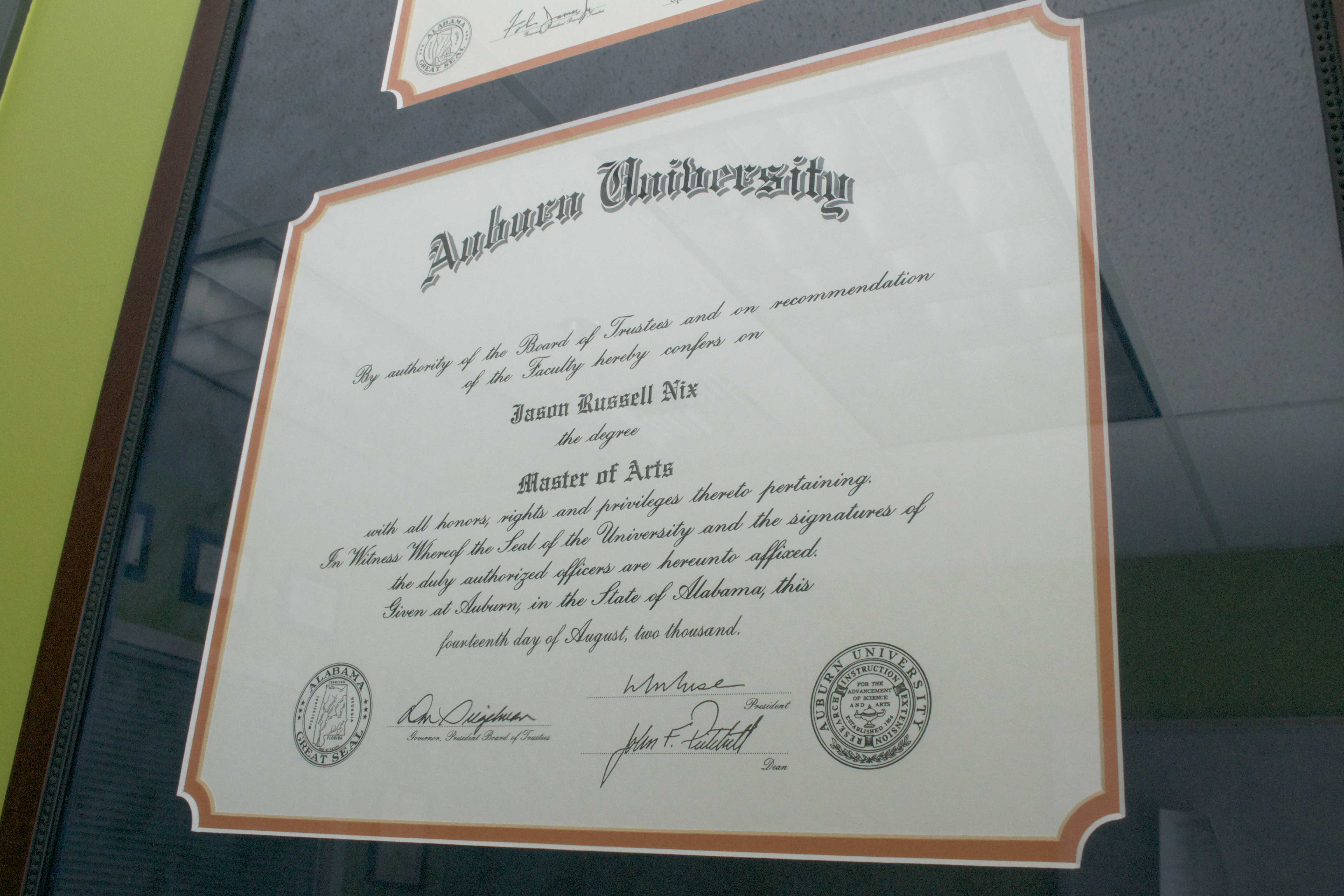Today is an age of social media and technological growth. Facebook and Twitter are one of many ways to stay in touch with another person from a different city, state, or even country.
But they are also tools thieves use to steal information from users, and students who once thought that identity theft was irrelevant to them are finding out the hard way that the opposite is true.
Most students are living from paycheck to paycheck and also have help from Federal financial aid. A case of identity theft for a student can mean the difference between paying bills and not, if money is stolen that is budgeted to the last penny.
“One minute you’re you, and the next minute there is pornography on your page,” said David Eisenrich, a Northwest University student and recent victim of identity theft. “The next thing you know, messages are being sent to friends that you didn’t personally send.”
There are many ways to protect yourself from identity theft through social media and keep yourself from feeling, as Jack Williams, of Spokane Community College said “…naked, empty, and violated.”
“9 Ways to Protect Your Facebook” by Mustaza Mustafa has some helpful suggestions in keeping your identity and social media accounts secure.
Mustafa suggests creating a strong password, confirming your accounts with your mobile number, activating secure browsing, activating login approvals, disconnecting previous active sessions, activating private browsing, not staying logged into websites, avoiding spam links, and being sure to sign out after use.
With personal vigilance and by following some of those suggestions, students stand a better chance of keeping their accounts secured and not becoming victims of costly identity theft.

